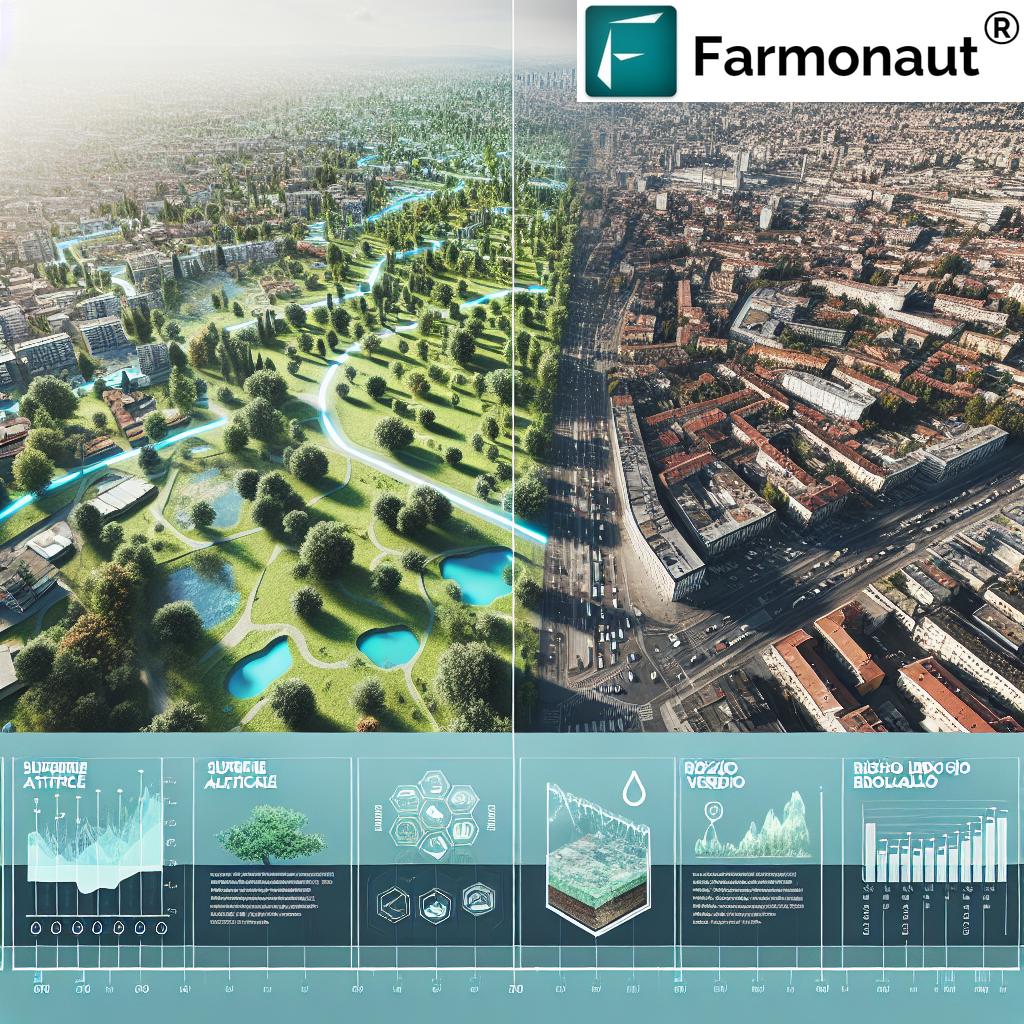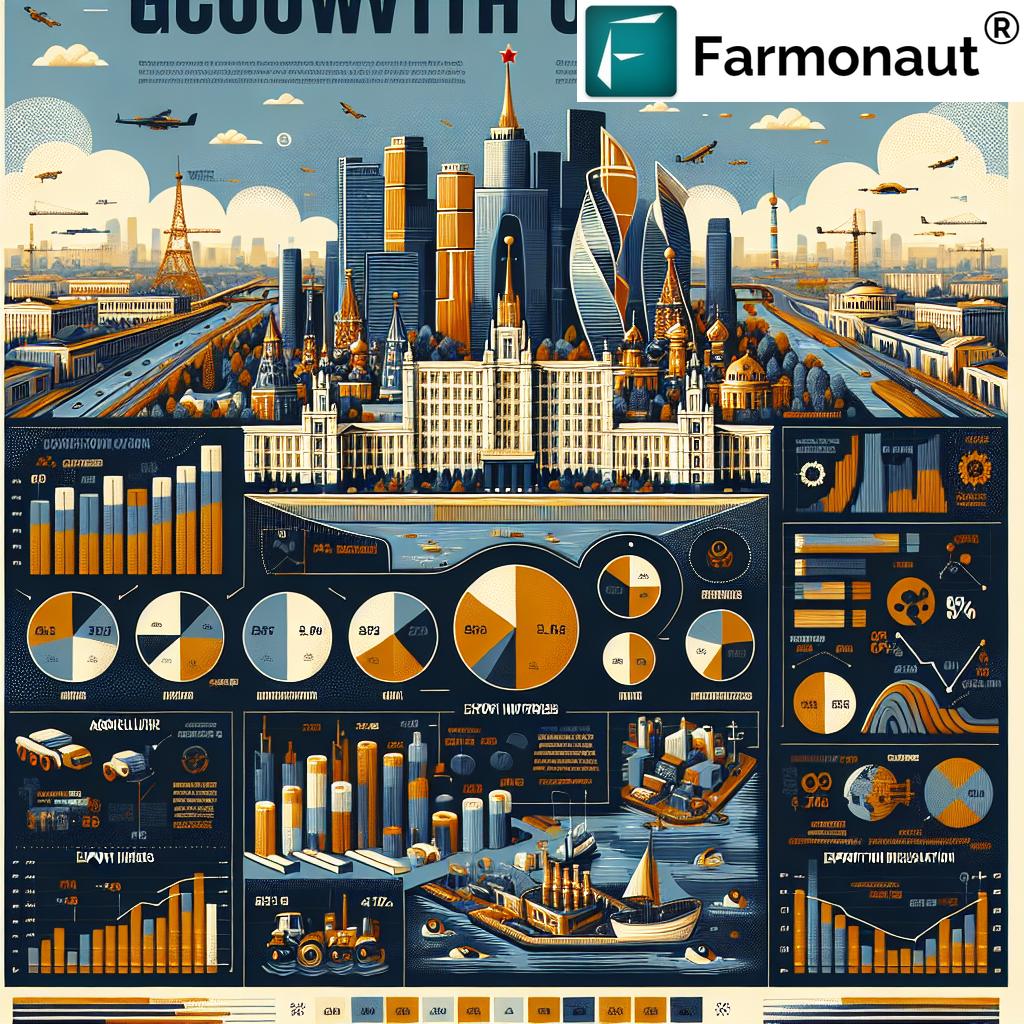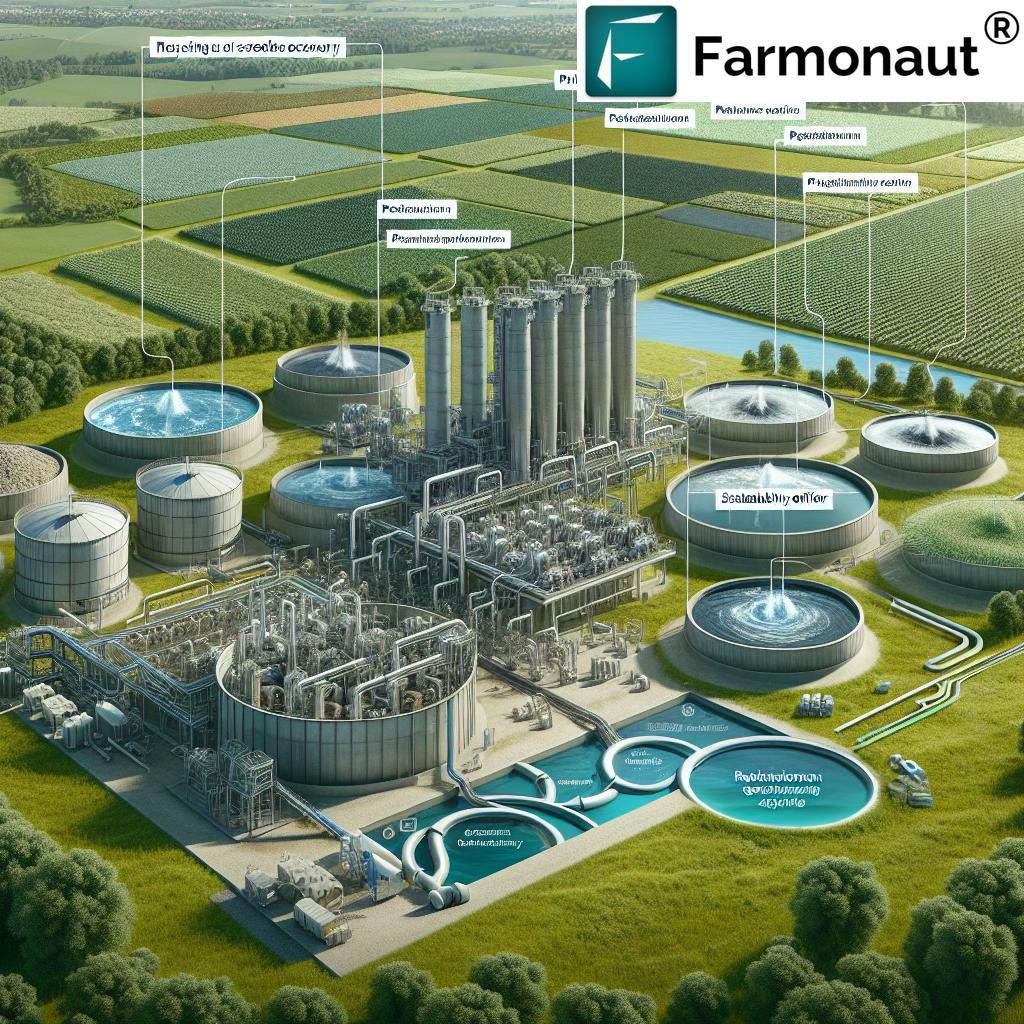Global Brand Value Trends 2024: Germany’s Rise, EV Challenges, and Telecom Triumph
“German companies show impressive growth in global brand value rankings, outpacing many international competitors in 2024.”
As we delve into the fascinating world of global brand value trends for 2024, we’re witnessing a remarkable shift in the landscape of the world’s most valuable brands. In this comprehensive analysis, we’ll explore the rise of German companies, the challenges faced by the automotive sector, particularly in the electric vehicle (EV) market, and the impressive surge in the telecom industry’s brand value.
Our journey through these trends will offer valuable insights into brand adaptation strategies, industry-specific challenges, and emerging opportunities in the global marketplace. We’ll discover how leading brands are navigating these dynamic trends and positioning themselves for future success in an ever-evolving economic landscape.
Germany’s Impressive Ascent in Global Brand Rankings
Germany continues to demonstrate significant global influence in brand value, securing an impressive third place in the world rankings, following only the United States and China. This achievement is a testament to the country’s economic resilience and the strength of its corporate sector.
According to Brand Finance’s latest report, 27 German brands have made it into the top 500 global brands. The cumulative value of these brands is an astounding USD550.2 billion, showcasing the nation’s formidable presence in the international business arena. What’s even more remarkable is that 19 of these brands have reported growth in their brand value compared to the previous year, underscoring Germany’s ability to adapt and thrive in challenging global markets.
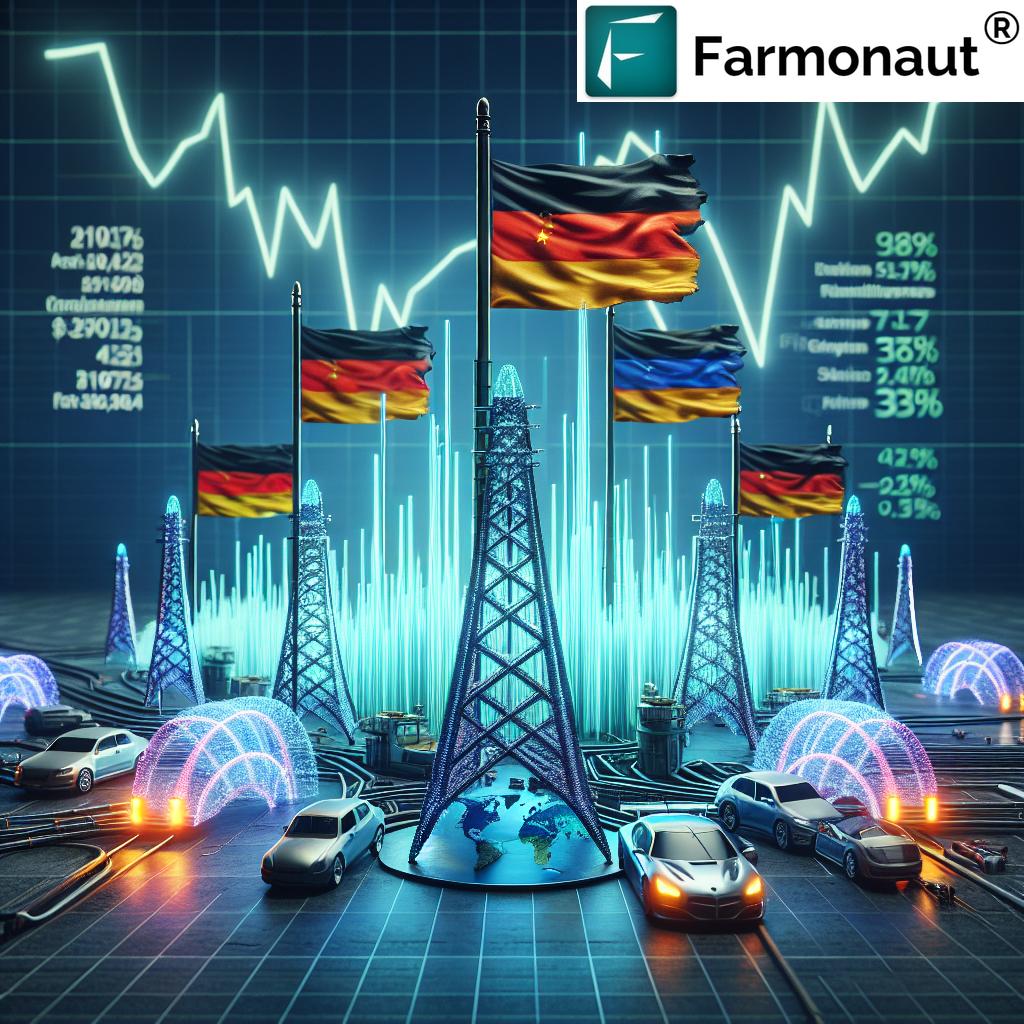
Let’s take a closer look at some of the standout German brands that have contributed to this impressive performance:
- Deutsche Telekom: Retaining its status as the most valuable German brand and the leading telecom brand worldwide, Deutsche Telekom saw a remarkable 16% increase in brand value, reaching USD85.3 billion.
- Deutsche Bank: The financial giant experienced a substantial increase of 47%, bringing its brand value to USD8.0 billion.
- Adidas: The sportswear powerhouse saw its brand value rise by 28% to USD18.5 billion.
- SAP: The software corporation’s brand value increased by 25% to USD31.4 billion.
These impressive figures showcase Germany’s reputation as a burgeoning brand market, with companies across various sectors contributing to its overall success.
The Telecom Industry’s Brand Value Surge
One of the most notable trends in the 2024 global brand value rankings is the remarkable performance of the telecom industry. At the forefront of this surge is Deutsche Telekom, which has not only retained its status as the most valuable German brand but has also claimed the title of the leading telecom brand worldwide.
Deutsche Telekom’s brand value increased by an impressive 16%, reaching USD85.3 billion. This growth allowed it to surpass Verizon, which holds a value of USD72.3 billion. However, it’s worth noting that Deutsche Telekom slipped two spots in the global rankings to 11th place, largely due to NVIDIA’s brand value soaring by nearly 98% to USD87.9 billion, propelling it into the ninth position.
Despite this slight downslide in global rankings, Deutsche Telekom stands tall as the most valuable brand in Europe, cementing its position as a telecom powerhouse on the continent and beyond.
Challenges in the Automotive Sector
“Telecom industry experiences a significant surge in brand value, while automotive sector faces challenges due to declining EV demand.”
While Germany’s overall brand performance has been impressive, its renowned automobile sector faced significant hurdles in 2024. Three of Germany’s top five automotive brands experienced declines in value, reflecting deeper issues within the industry, particularly concerning the diminishing demand for electric vehicles in Europe.
Mercedes-Benz, ranked second among German brands and 23rd globally, suffered the largest decline at 11%, bringing its value down to USD53.0 billion. This trend is indicative of the challenges faced by traditional automakers as they navigate the transition to electric vehicles and deal with changing consumer preferences.
The declining demand for EVs in Europe has created opportunities for Chinese manufacturers to gain traction in the global market. For instance, BYD, a Chinese EV manufacturer, saw its brand value grow by 16% to USD14.0 billion. This shift highlights the changing dynamics in the global automotive industry and the increasing competitiveness of Chinese EV brands.
It’s important to note that not all German automotive brands faced declines. Audi and BMW were exceptions, reporting growth rates of 17% and 4%, respectively. These brands have shown resilience in the face of industry challenges, potentially due to successful adaptation strategies or strong brand loyalty.
The Global Brand Value Landscape
While we’ve focused on Germany’s performance and specific industry trends, it’s crucial to understand the broader global brand value landscape. Here’s a look at some of the top performers worldwide:
- Apple: Regained its title as the most valuable brand in the world, with an 11% uptick in brand value to USD574.5 billion.
- Microsoft: Reported a 35% increase in brand value to USD461 billion, securing the second spot.
- Google: Remained solidly in third place, with a brand value growth of 24%, now reaching USD413 billion.
These tech giants continue to dominate the global brand value rankings, with their continuous investments in AI and other cutting-edge technologies enhancing their market appeal and trust among consumers.
| Rank | Brand Name | Country | 2023 Value (Est. Billion USD) | 2024 Value (Est. Billion USD) |
|---|---|---|---|---|
| 1 | Apple | USA | 517.5 | 574.5 ↑ |
| 2 | Microsoft | USA | 341.5 | 461.0 ↑ |
| 3 | USA | 333.1 | 413.0 ↑ | |
| 4 | Amazon | USA | 299.3 | 348.0 ↑ |
| 5 | Deutsche Telekom | Germany | 73.5 | 85.3 ↑ |
| 6 | Verizon | USA | 69.6 | 72.3 ↑ |
| 7 | Mercedes-Benz | Germany | 59.5 | 53.0 ↓ |
| 8 | NVIDIA | USA | 44.4 | 87.9 ↑ |
| 9 | USA | 58.1 | 65.0 ↑ | |
| 10 | BYD | China | 12.1 | 14.0 ↑ |
This table provides a clear overview of the shifting landscape in global brand values, highlighting the strong performance of tech companies, the rise of German brands like Deutsche Telekom, and the emergence of Chinese EV manufacturers like BYD.
The Impact of AI on Tech Brand Value
One of the key factors driving the success of top tech brands is their investment in artificial intelligence (AI). Companies like Google, Microsoft, and Apple have been at the forefront of AI innovation, integrating these technologies into their products and services to enhance user experience and maintain their competitive edge.
For instance, Google’s continuous investments in AI have not only improved its search algorithms but also enhanced its other products like Google Assistant, Google Photos, and Google Translate. These AI-driven improvements have contributed to the company’s 24% growth in brand value, reaching USD413 billion in 2024.
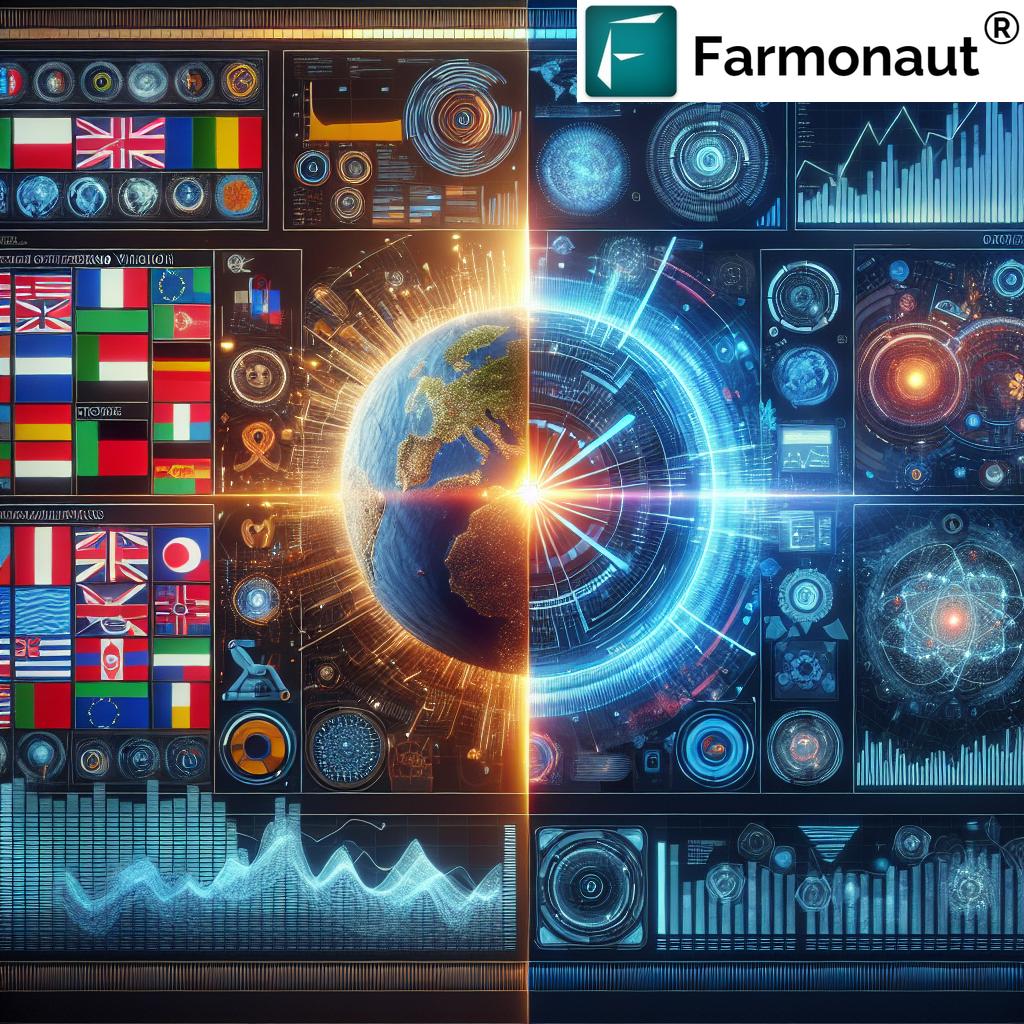
Similarly, Microsoft’s significant 35% increase in brand value to USD461 billion can be attributed, in part, to its strategic investments in AI. The company’s partnership with OpenAI and the integration of AI capabilities into its products like Microsoft 365 and Azure have strengthened its position in the market and enhanced its brand value.
The impact of AI on brand value extends beyond just tech giants. Many companies across various sectors are leveraging AI to improve their products, services, and operations, thereby enhancing their brand value. For instance, in the agricultural sector, companies like Farmonaut are using AI and satellite technology to provide valuable insights to farmers, showcasing how AI can drive innovation and brand value across industries.
European Brand Valuation: Regional Diversity and Adaptability
While we’ve focused heavily on Germany’s performance, it’s important to note that the European brand landscape is diverse and showcases varying levels of adaptability across different countries and industries.
For instance, while German automotive brands faced challenges, luxury brands from other European countries, such as France’s Louis Vuitton and Italy’s Gucci, continued to perform well. This highlights the importance of diversification and the ability to adapt to changing consumer preferences.
In the tech sector, European companies like SAP have shown impressive growth, with the German software giant seeing a 25% increase in brand value. This demonstrates Europe’s capacity to compete in the global tech landscape, despite the dominance of American and Chinese firms.
The strong performance of Deutsche Telekom, not only as a German brand but as the most valuable brand in Europe, underscores the region’s strength in the telecommunications sector. This success story provides valuable lessons for other European companies looking to expand their global footprint and increase their brand value.
Brand Adaptation Strategies in a Changing Market
The global brand value trends of 2024 highlight the importance of adaptation in maintaining and growing brand value. Companies that have successfully navigated changing market conditions and consumer preferences have seen significant growth, while those that have struggled to adapt have faced challenges.
Here are some key strategies that successful brands have employed:
- Embracing Digital Transformation: Companies that have successfully integrated digital technologies into their operations and customer experiences have seen their brand value grow. This includes leveraging AI, big data, and cloud computing to enhance products and services.
- Focusing on Sustainability: Brands that have made genuine commitments to sustainability and communicated these efforts effectively have resonated with increasingly environmentally conscious consumers.
- Personalizing Customer Experiences: Brands that have used data and technology to provide personalized experiences have strengthened their relationships with customers and increased brand loyalty.
- Agile Response to Market Changes: Companies that have demonstrated the ability to quickly pivot in response to market changes, such as shifting consumer preferences or global events, have maintained their brand value.
For instance, Farmonaut‘s innovative use of satellite technology and AI in agriculture showcases how companies can adapt to changing market needs and create value through technology. By providing farmers with real-time insights and personalized recommendations, Farmonaut is helping to transform the agricultural sector and build a strong brand in the process.
The Future of Global Brand Value
As we look towards 2025 and beyond, several trends are likely to shape the future of global brand value:
- Continued Tech Dominance: Technology companies are likely to continue dominating the top spots in global brand rankings, driven by ongoing innovations in AI, cloud computing, and other emerging technologies.
- Sustainability as a Brand Value Driver: Brands that prioritize sustainability and demonstrate genuine commitment to environmental and social causes are likely to see their brand value increase.
- Rise of Chinese Brands: Chinese brands, particularly in sectors like electric vehicles and consumer electronics, are likely to continue gaining ground in global brand rankings.
- Importance of Purpose-Driven Branding: Brands that clearly communicate their purpose and values, beyond just profit, are likely to resonate more with consumers and see their brand value grow.
- Personalization at Scale: Brands that can effectively leverage data and AI to provide personalized experiences at scale are likely to see increased brand loyalty and value.
Companies like Farmonaut are well-positioned to capitalize on these trends. By leveraging advanced technologies to provide personalized, sustainable solutions in agriculture, Farmonaut exemplifies the kind of innovative, purpose-driven approach that is likely to drive brand value growth in the coming years.
Conclusion: Navigating the Dynamic Brand Value Landscape
The global brand value trends of 2024 paint a picture of a dynamic and ever-evolving landscape. From Germany’s impressive rise and the challenges faced by the automotive sector to the triumph of telecom brands and the continued dominance of tech giants, we’ve seen how various factors can impact brand value on a global scale.
Key takeaways from our analysis include:
- The importance of adaptability and innovation in maintaining and growing brand value
- The significant impact of AI and other emerging technologies on brand performance
- The growing importance of sustainability and purpose-driven branding
- The increasing competitiveness of the global market, with new players emerging from regions like China
As we move forward, brands that can effectively navigate these trends, embrace technological innovation, and align with changing consumer values are likely to see their brand value grow. Companies like Farmonaut, which combine technological innovation with a focus on sustainability and personalized solutions, provide a model for success in this evolving landscape.
By staying attuned to these global trends and continuously adapting their strategies, brands can position themselves for success in the competitive world of global brand value rankings.
FAQ Section
Q1: What factors contributed to Germany’s strong performance in the 2024 global brand value rankings?
A1: Germany’s strong performance can be attributed to several factors, including the impressive growth of companies like Deutsche Telekom, Deutsche Bank, Adidas, and SAP. The country’s diverse range of successful brands across various industries, from telecommunications to finance and technology, has contributed to its overall strong showing in the rankings.
Q2: Why did the automotive sector face challenges in 2024?
A2: The automotive sector, particularly in Germany, faced challenges due to declining demand for electric vehicles in Europe. This trend affected the brand value of several major automotive companies, with Mercedes-Benz experiencing the largest decline among German brands.
Q3: How has the telecom industry performed in terms of brand value?
A3: The telecom industry has seen a significant surge in brand value, with Deutsche Telekom leading the pack as the most valuable telecom brand worldwide. The industry’s strong performance can be attributed to increased reliance on digital communications and ongoing investments in network infrastructure and technologies like 5G.
Q4: What role has AI played in shaping brand value trends?
A4: AI has played a crucial role in driving brand value, particularly for tech companies. Brands that have invested heavily in AI technologies and successfully integrated them into their products and services have seen significant growth in their brand value. AI has enhanced user experiences, improved product offerings, and driven innovation across various sectors.
Q5: How are Chinese brands performing in the global brand value rankings?
A5: Chinese brands, particularly in the electric vehicle sector, are gaining traction in the global market. For example, BYD saw its brand value grow by 16% to USD14.0 billion. This trend indicates the increasing competitiveness of Chinese brands on the global stage, especially in emerging technologies and industries.
Explore Farmonaut’s Innovative Solutions
As we’ve seen throughout this analysis, innovation and adaptability are key drivers of brand value growth. Farmonaut exemplifies these qualities in the agricultural sector, offering cutting-edge solutions that leverage satellite technology and AI to transform farming practices.
Discover how Farmonaut can help you optimize your agricultural operations:
- Web App: Access Farmonaut’s powerful tools directly from your browser

- Mobile Apps: Take Farmonaut’s capabilities with you wherever you go


- API Integration: For developers looking to integrate Farmonaut’s powerful features into their own applications, check out our API and API Developer Docs.
Earn With Farmonaut: Join our Affiliate Program
Earn 20% recurring commission with Farmonaut’s affiliate program by sharing your promo code and helping farmers save 10%. Onboard 10 Elite farmers monthly to earn a minimum of $148,000 annually—start now and grow your income!
By leveraging Farmonaut’s innovative solutions, farmers and agricultural businesses can stay ahead of the curve, optimizing their operations and contributing to a more sustainable and efficient agricultural sector. As we’ve seen from the global brand value trends, companies that embrace innovation and address pressing global challenges are well-positioned for future success.




